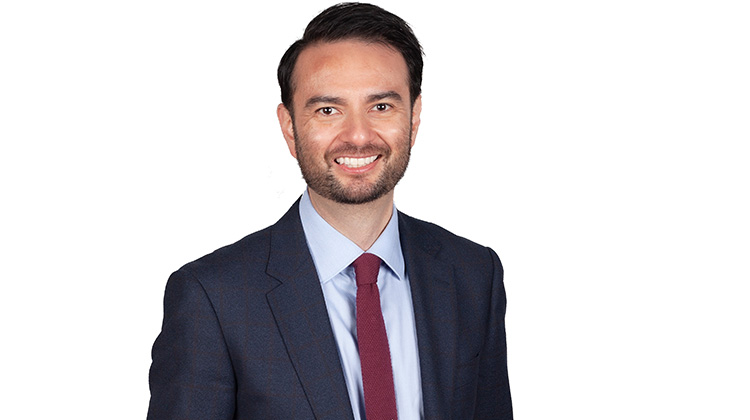School Looks to Boost Agency Through Research

Victoria based Westbourne Grammar School (WGS) is undertaking a study conducted for and by teachers and students that seeks to encourage the entire school community to play a vital role in shaping education at WGS.
Partnering with The University of Queensland, WGS launched the study in February this year and it is now in the action research stage. Ultimately, the aim is to understand how student agency is encouraged from prep to year 12 and to better understand the impact this has on students with the intent of encouraging independent learners.
The study is an adjunct to Westbourne Grammar School’s broad commitment to student agency, several initiatives have been rolled out to offer students hands-on experience with leadership responsibility.
Student leaders now sit on the panel that advises on executive appointments and head up various social action groups like Westbourne Grammar’s Pride Group.
This research project will lead to further research and work to assist outcomes for students. Findings will be applied in alignment to research goals and will be used to embed a shared language and a framework for how agency is developed from prep to year 12.
Westbourne Grammar School is a Research-Invested School (RISn), and challenges the notion that teachers merely 'deliver the curriculum' developed by experts elsewhere.
Principal Adrian Camm said, “It’s important that students are agents of their own schooling; that schooling is not just happening ‘to’ them, but also ‘with’ them. Walking that shared path is important.”
Jeremy Otto, Director of Teaching and Learning is driving the project, he says, “Westbourne Grammar has developed a clear teaching and learning philosophy, called Inspire. Character and agency are at the core of this.
“Currently in conversations, teaching staff can speak about agency, however, as a school, there is not a clear or shared understanding about what it means to our students and community.
“We currently do not have a shared approach for the development of agency with our students, staff and families. From the research, we hope to understand what agency currently looks like at WGS and then from this, begin to think about how we move ensure in our programs we are shaping learners who inspire the world.”
The milestone study: Social cognitive theory: An agentic perspective (2001) by Albert Bandura has been influential.
Bandura writes that that agency is about the ability to affect one’s own life outcomes, which includes: Intentionality: working with an objective in mind to help engage the student’s ideas, interests and strengths; Forethought: defining the task, setting goals and making plans; and Self-reaction and self-reflection: students evaluating and judging their performance, reviewing their work and reflecting on their learning progress.
Focus groups will be conducted with students from years 1, 3, 5, 7, 9 and 11 and are designed to provide a cross section of the school. In a first for the University of Queensland, year 11 students designed the focus group questions and will assist in analysing the qualitative and quantitative data.
Teaching staff who wanted to be involved in the focus groups were asked to deliver an EOI and from this, applications will be reviewed and focus groups created that reflect a cross section of the school including year levels, subject areas, length of experience and leadership roles.
“For the student groups, our student researchers (year 11 students) will be the ones conducting the focus groups. The reason for this is that student researchers believed that student feedback would be more authentic if they conducted the interviews rather teachers or researchers. They believe that this would not create any bias. All interviews will be recorded following ethical guidelines and a thematic analysis will be conducted,” Otto says.
Camm says, “The University of Queensland partnership is an important example of teachers actioning purposeful research in their own context to improve classroom outcomes. Our teachers are very excited to be actual architects of important change. From a Westbourne Grammar perspective, this is just the beginning of our teacher-led research journey.”